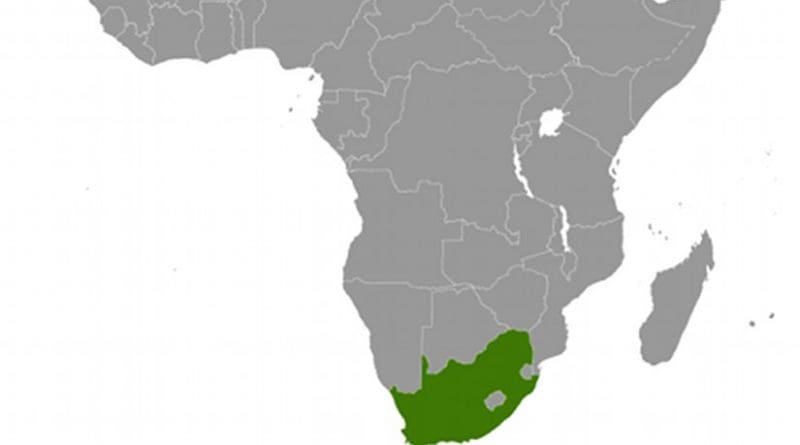South Africa: Films And Publications Bill Deals Specifically With Child Pornography
By SA News
South Africa’s Communications Deputy Minister Pinky Kekana has reiterated that the Films and Publications Amendment Bill is not about censoring society, but it is about rooting out the possession and distribution of child pornography.
“The bill does not concern itself with what citizens may publish on social media. However, it empowers the Film and Publication Board (FPB) to facilitate the removal of child pornography wherever it is published,” Kekana said.
Presenting the Films and Publications Amendment Bill to the National Council of Provinces (NCOP) on Wednesday, Kekana noted that from its conception, the FPB was not meant to ban any films or publication but furnish members of society with information about the nature and substance of the content they are about to consume.
“With the advent of the fourth industrial revolution, the manner in which we consume films or publications has drastically changed. Content is not viewed only via cinema or DVD anymore. It is now viewed on digital platforms via online streaming facilities [and] this has created a gap in the regulatory framework.
“Citizens, especially children, can now access content, which has not been classified and labelled. Furthermore, we have seen that games, which our citizens, children in particular, consume, need to be appropriately classified,” Kekana said.
Although the bill criminalises possession of child pornography, Kekana said this is not done out of its own accord.
“The criminalisation arises as a result of the primary legislation in so far as sexual crimes are concerned, namely the Sexual Offences Act. It therefore became necessary to align the definition of child pornography with the Sexual Offences Act.
“In that same vein, the regulation of digital platforms is the domain of the Electronic Communications and Transactions Act inter alia. This bill has to align itself to the provision of those acts,” the Deputy Minister said.
The bill tries to deal with some regulatory gaps, including the lack of effective enforcement of the provisions of the act and stemming out non-compliance amongst distributors.

